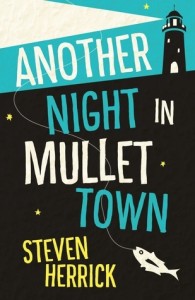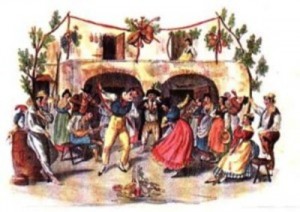 Catching Teller Crow is an intriguing mystery, told in two voices through poetry and story.
Catching Teller Crow is an intriguing mystery, told in two voices through poetry and story.
Sixteen-year-old Beth begins the tale, introducing her death and the need to look out for her father since the accident. He is the only one who can see her (she is a ghost), and she hopes to be able to help him move on with his life. She is also there to help him work through mysterious happenings in their home town, in an effort to get him back to police work.
In crime story tradition, events and clues are revealed gradually, and both Beth and her father have differing interpretations of what they mean.
Some clues are provided by strange revelations from Isobel Catching, who is the second voice in the novel. Her voice differs from Beth’s. Using poetic form creates a wariness in her character and at times implies a reluctance to help solve the mystery.#
Authors, Ambelin and Ezekiel Kwaymullina, have created an enthralling, though somewhat disturbing novel, which reflects some of Australia’s past attitudes and actions. The main characters (Beth, Catching and Crow) are Aboriginal, and have each suffered due to that. However, themes of love and family, along with their spiritual beliefs are also strong in the story. When they finally bond together, they become strong together.
A ghost story as well as a psychological thriller, Catching Teller Crow seamlessly weaves together the poetic and everyday life – Justine Larbalestier
Catching Teller Crow goes straight to the heart of Australia’s darkest history – Margo Lanagan
Sister and brother, Ambelin and Ezekiel Kwaymullina speak briefly here about the writing process, and their own personal need to tell their story – “We wanted the strength of those (past Aboriginal) generations to flow through the pages like a river.”
Catching Teller Crow is more than just a crime story. It reaches into the past, hoping to make an impact on the future. It will make you think – what really happened? who is to blame? and finally, who has suffered as a consequence?
Can Beth ultimately be able to let go?
How many similar episodes like this actually happened?
# This poetic form wasn’t as obvious in the audio version of this book, though the different character voices were well defined by the narrator, Miranda Tapsell. A great option!


